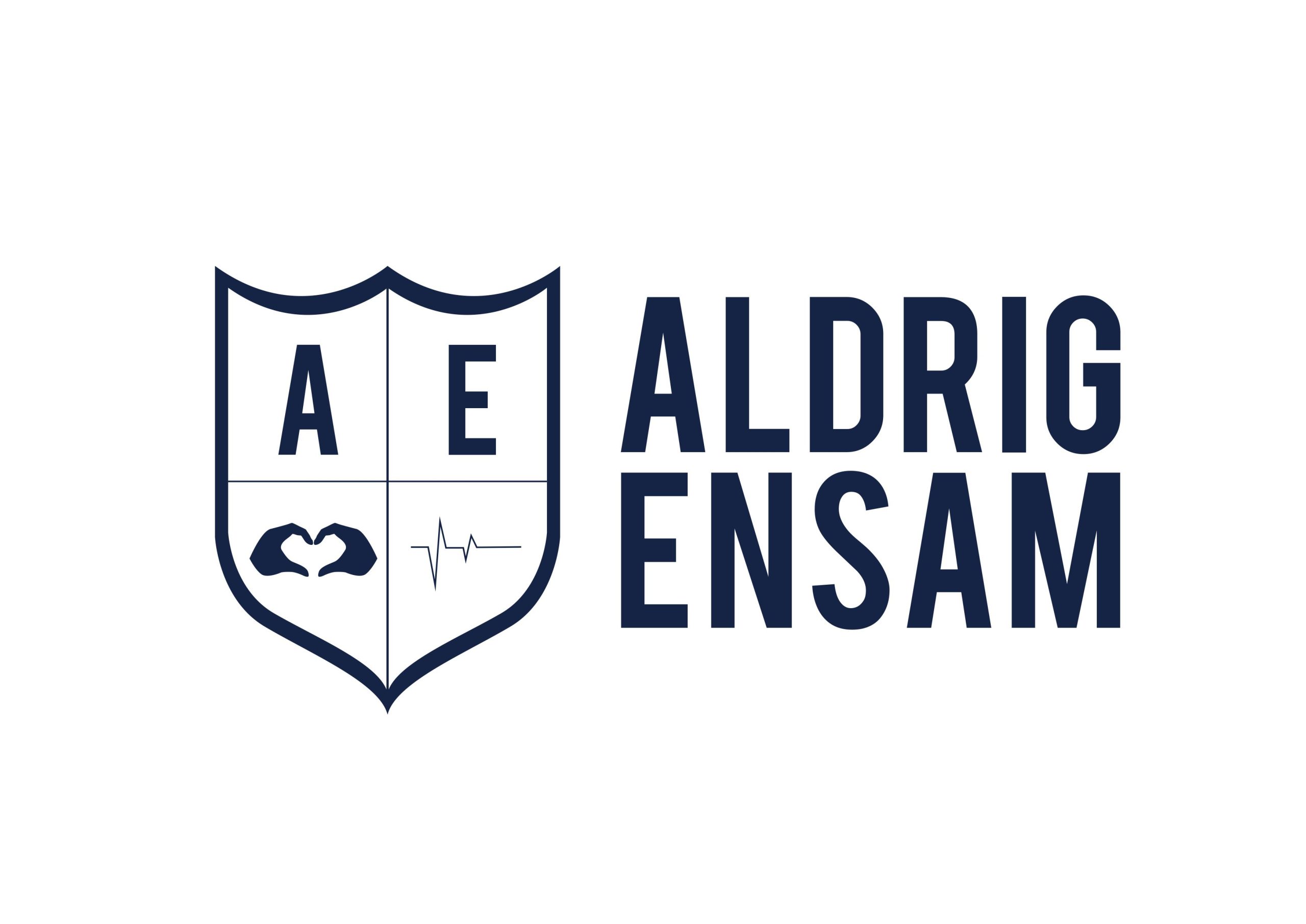
What is Depression?
There are many occasions in life when it’s natural to feel depressed, sad or helpless. Our mood is influenced by how we feel and what we experience. But those who suffer from depression are constantly depressed for more than two weeks. Depression affects everything in life and you can no longer appreciate what you otherwise feel good about. Some feel sad, others feel mostly worry, irritation, frustration and restlessness. It’s common to find it difficult to fall asleep or to wake up early. The appetite is changing, you may be eating less or more than normal. Often you also have reduced energy and concentration problems and you feel uncomfortable making decisions.
Everyone who suffers from depression is affected in their way of looking at themselves and their surroundings. The self-esteem drops, you feel more uncomfortable with others and the future feels hopeless. Often you pull away from others, feel bad, ashamed and worthless. Feelings of meaninglessness and hopelessness can be experienced, for many these may turn into suicidal thoughts.
Why are People Affected?
Depression can sometimes be linked to specific life events or life crises. Depression can also be due to stress that’s been going on for a long time. When stress and/or stress exceeds the ability to cope with it, depression can occur. Vulnerability to depression can be both genetic and psychological. The risk of depression increases if you have other illnesses, such as substance abuse.
When Should You Seek Care?
If you suspect that you are depressed, seek care, for example by talking to your doctor. General practitioners are used to diagnosing and talking about depression. You may be treated with medications but also therapy with a psychologist or mental health counselor. Some health centers have group treatments. If you have acute suicidal thoughts, you should tell someone immediately, either healthcare staff, a relative, a friend or colleague. You can also seek help at your local psychiatric clinic or emergency room. In the case of mild depression, psychotherapy is primarily recommended. In case of moderate depression, you should receive psychotherapy or psychotherapy and medication. In the case of deep depression, medicine is often needed. Both cognitive behavioral therapy and psychodynamic therapy are effective to treat depression. But it’s more important that you feel comfortable with your therapist than what method is used.
Self-Prevention
Here are some things that can reduce the risk of depression when you’re at risk and that you can also do to help prevent depression while receiving treatment:
- Several types of exercise, especially fast walking and jogging, have been shown to reduce the risk of depression and also reduce the depth of depression. This applies both if you exercise alone and together with others. At least 30 minutes, preferably 4 times a week.
- Avoid alcohol. Alcohol affects the system in the brain that regulates anxiety in a negative way. During intoxication you can experience relief from anxiety and relaxation but afterwards you feel worse. In addition, the risk of suicide increases significantly if you drink a lot of alcohol because it gets harder to think and feel clearly and it also reduces impulse control.
- Keep in touch with those around you. During depression, it’s common to instinctively withdraw. Unfortunately, the distorted thoughts that you’re not good enough, weak, annoying or worthless get space to grow if you isolate yourself. If you, despite it being hard, still socialize with others, you get a reflection of who you really are. A close friend, brother, wife, co-worker and so on.
- Lower Your Expectations If the depression is partly linked to the fact that you have high expectations of yourself, it’s a good idea to make a list and start prioritizing. Here, it may be good to get help from someone else. If it feels like you have too many and too big problems, it can make a big difference if you actually analyze the situation and divide the problems into acute and less acute problems, problems with serious consequences and problems with less serious consequences.
- Choose to do fun things even if you don’t want to. Since depression lowers both the desire to do things and the ability to appreciate them, one can quickly become very passive and apathetic. It can make a big difference to “go against the feeling” and, after all, do what you normally like. Even though, for example, the theater visit feels less attractive than usual, it’s probably better to go than to stay home.
- Body and Hygiene. Keeping up with basic things like good hygiene, clean clothes, “real” food can be difficult. But it’s symbolically important to treat yourself well.
- Continue taking your medication. If you’re receiving medication for depression, it’s important that you don’t stop it early. It takes a while before you’ve recovered enough for the risk of relapse to have decreased. It’s the doctor’s job to make a plan with you. If you feel better, you should book a doctor’s appointment to plan how and when to stop the medication. Partly to know how to avoid getting sick again, and partly to have a plan for how you can evaluate the change once you’ve stopped taking the medicine.
